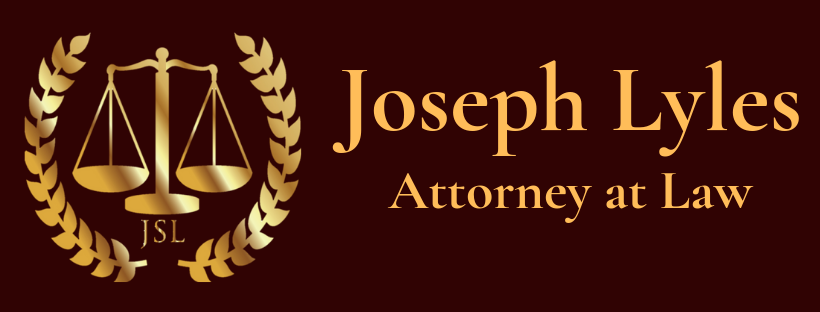Lesson 10: Why Have a Power of Attorney
From The Business of Life section of How You Can Avoid Legal Land Mines by Joseph S. Lyles (2003)
Having a close relative with a physical or mental disability can be challenging. With senior citizens, the biggest challenge can be determining when they have crossed the line between competence and incompetence. In other words, it is often difficult to know when they are no longer able to handle their affairs independently.
I’ve had clients with elderly relatives who managed to give away, spend, or lose large amounts of money before my clients realized those relatives suffered with mental disabilities. Of course, we don’t want to hurt our beloved senior citizens’ feelings by restricting their freedom unnecessarily. But, on the other hand, if you wait too long to put some safeguards in place, they can hurt themselves or others physically, emotionally or financially.
An older person who tends to be a little paranoid can suddenly take a very paranoid or unreasonable action, like trying to hide her money from everyone, giving mere acquaintances a power of attorney or refusing the help of a loved one. The best way to avoid these problems is to maintain regular contact with your relative and ask that he or she give you a durable power of attorney, which is a document that allows you to step in and take care of your relative’s financial and legal affairs when the need arises. An attorney can prepare such an instrument and instruct you in its use.
Contrary to popular opinion, a power of attorney is useless once someone dies. This is because only a duly-appointed representative of an estate can take legal actions affecting the property of someone who has passed away. However, having a durable power of attorney can save a lot of time and money if a relative becomes incompetent. Without one someone will have to go to the Probate Court and get appointed Conservator and/or Guardian for the incapacitated person, which is a costly and paperwork-intensive process, especially if another relative contests these efforts.
Once you hold a power of attorney for an older relative or friend, you should stay in contact with that person and with his or her neighbors. It would also be wise to communicate with the manager of your relative’s bank. Let him or her know to contact you if anything out of the ordinary happens, such as transactions made in the company of a stranger or the relative withdrawing unusually large amounts of money.
The Lesson: Once money has been withdrawn, it can disappear forever. And that money will probably be sorely missed because the elder may someday need medical care, some type of assisted-living arrangement, or nursing home care. You should obtain a durable power of attorney for any relative or friend you may be responsible for or whose mental or physical capacity you may be concerned about.
